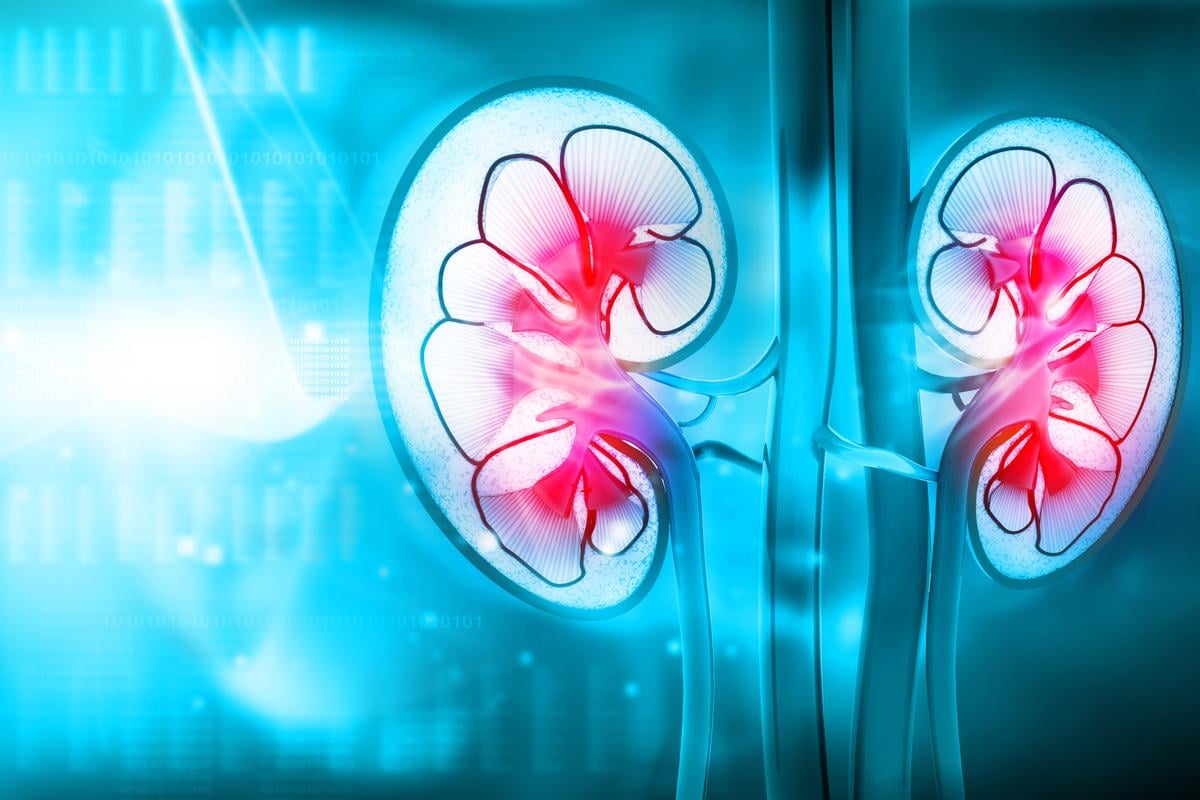Developing AKI associated with a significantly increased rate of subsequent dementia; pattern consistent across dementia types
By Elana Gotkine HealthDay Reporter
THURSDAY, Sept. 5, 2024 (HealthDay News) — Individuals with acute kidney injury (AKI) have an increased risk for receiving a clinical diagnosis of dementia, according to a study published online Aug. 22 in Neurology.
Hong Xu, M.D., Ph.D., from the Karolinska Institutet in Stockholm, and colleagues examined the association between experiencing AKI and subsequent risks for developing dementia in a study involving individuals aged 65 years and older in Stockholm, who were free from dementia diagnosis. A total of 305,122 individuals (median age, 75 ± 8 years) were included.
The researchers found that 79,888 individuals (26 percent) were suffering from a least one episode of AKI during a median follow-up of 12.3 years and there were 47,938 (16 percent) incident dementia cases. The rate of dementia cases was 37.0 per 1,000 person-years after AKI compared with 17.3 during the period before AKI. Developing AKI was associated with a significantly increased rate of subsequent dementia after multivariable adjustment (adjusted hazard ratio, 1.49). Across dementia types, this pattern was consistent, with hazard ratios of 1.88, 1.47, and 1.31 for dementia with Lewy bodies and Parkinson disease with dementia, vascular dementia, and Alzheimer dementia, respectively. Across more severe AKIs and in hospital-acquired versus community-acquired AKI, risk associations were stronger in magnitude.
“As a clinical application, this study thus identifies individuals with AKI as a population in which monitoring for dementia and potential preventive and therapeutic strategies may be indicated,” the authors write.
Copyright © 2024 HealthDay. All rights reserved.








